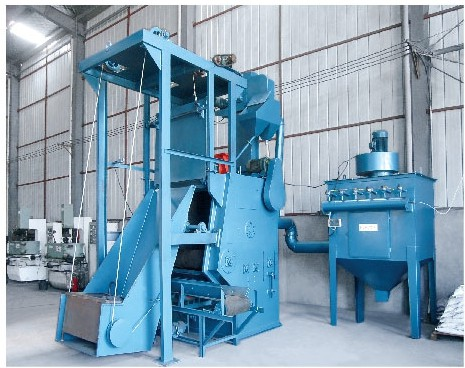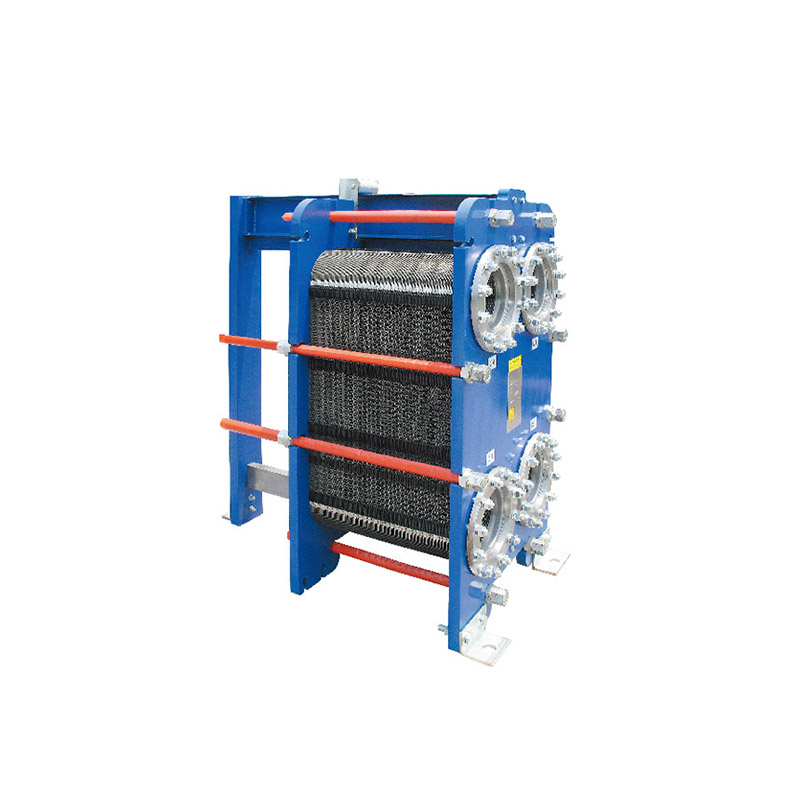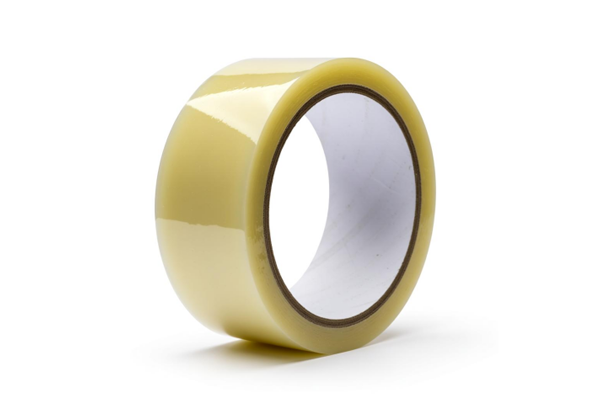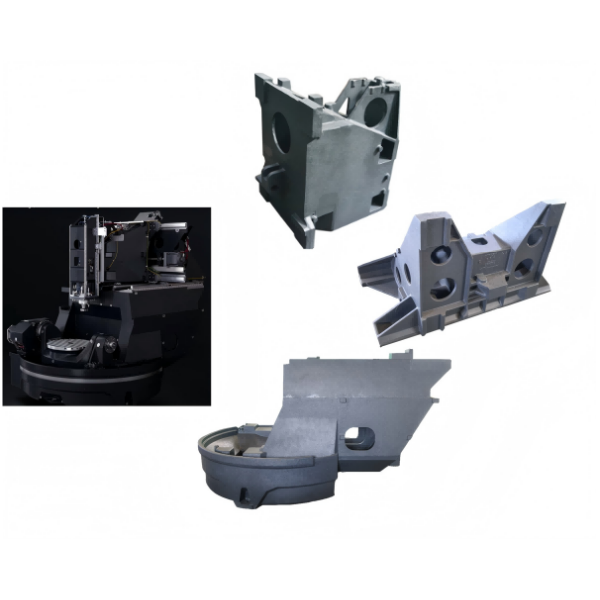In today's era of rapid industrialization, maintaining air quality within manufacturing environments is more than a regulatory requirement—it's a necessity for sustainable operations. Among the various air purification technologies available, the industrial dust filter has emerged as an indispensable tool. But why is it so essential, and what role does it play in ensuring the safety and efficiency of modern industries?
The Growing Challenge of Industrial Air Pollution
As industries scale up production, they inadvertently increase the volume of airborne pollutants. Fine particles, chemical fumes, and hazardous dust generated during metalworking, welding, laser cutting, and powder processing pose severe health risks to workers. Moreover, these particulates can accumulate on machinery, causing breakdowns and reducing efficiency.
This is where a high-performance industrial dust filter becomes critical. It not only traps and removes airborne contaminants but also ensures that emissions remain within environmentally acceptable limits. At Shanghai Kaisen Environmental Technology Co., Ltd., years of engineering experience have gone into developing dust filtration systems that provide clean air solutions tailored to diverse industrial applications.
How Does an Industrial Dust Filter Work?
An industrial dust filter is typically composed of a housing unit, filtration media, a dust collection mechanism, and sometimes, a cleaning system. When contaminated air enters the filter housing, particles are captured on the surface of the filter media, while clean air is released back into the facility or exhausted outdoors.
Different types of filter media—such as polyester, PTFE-coated fabrics, and nanofiber membranes—are used depending on the nature of the dust. Shanghai Kaisen Environmental Technology Co., Ltd. offers customized dust filter systems designed to maximize efficiency while minimizing maintenance.
Types of Industrial Dust Filters and Their Applications
There is no one-size-fits-all solution in industrial dust filtration. Here are some commonly used types and their typical applications:
1. Cartridge Dust Filters
These compact filters are ideal for fine and dry dust. Common in pharmaceutical, food processing, and metalworking industries, cartridge filters are known for their high filtration efficiency and ease of maintenance.
2. Baghouse Filters
Also known as fabric filters, baghouse systems are suitable for large-scale operations with heavy dust loads. Industries like cement, mining, and foundries rely heavily on baghouses due to their robust design and long operational life.
3. Cyclone Separators
These pre-filters use centrifugal force to separate large particles from the airstream. Often used as a first stage before more precise filtration, they are highly effective for wood processing and grain milling.
4. Wet Scrubbers
Used primarily for gas-phase pollutants and sticky particles, wet scrubbers neutralize and capture contaminants by passing the airstream through a liquid medium.
Shanghai Kaisen Environmental Technology Co., Ltd. manufactures a wide range of these industrial dust filter systems, ensuring that each client gets a solution tailored to their specific process requirements.
Health and Safety Benefits of Using Industrial Dust Filters
Employee health is a priority for responsible manufacturers. Prolonged exposure to industrial dust can lead to serious conditions such as respiratory diseases, skin irritation, and even occupational asthma. By investing in an efficient industrial dust filter, companies not only comply with workplace safety regulations but also foster a healthier and more productive work environment.
Shanghai Kaisen’s systems are designed with worker safety in mind. Their filters effectively trap even sub-micron particles, offering consistent performance and reducing occupational exposure limits (OELs).
Enhancing Equipment Longevity and Reducing Downtime
Another often overlooked benefit of industrial dust filters is their role in protecting expensive equipment. Accumulated dust can infiltrate machine components, clog ventilation systems, and lead to overheating or malfunctions. A properly designed dust filter system prevents such issues, reducing the need for repairs and unplanned downtime.
Shanghai Kaisen Environmental Technology Co., Ltd. integrates intelligent monitoring and self-cleaning mechanisms into their filtration systems to ensure minimal human intervention and maximum operational continuity.
Environmental Compliance and Sustainability
Environmental regulations are becoming increasingly stringent, pushing manufacturers to adopt cleaner production practices. Industrial dust filters help industries meet emission standards set by local and international bodies such as the EPA, OSHA, and ISO.
By choosing a reliable industrial dust filter system from a trusted manufacturer like Shanghai Kaisen, companies not only meet compliance requirements but also demonstrate their commitment to environmental responsibility. Many of Kaisen’s systems are designed to be energy-efficient and recyclable, contributing to greener operations.
https://www.kaisenfilter.com/Central-Dust-Collector
Shanghai Kaisen Environmental Technology Co., Ltd.







+ There are no comments
Add yours